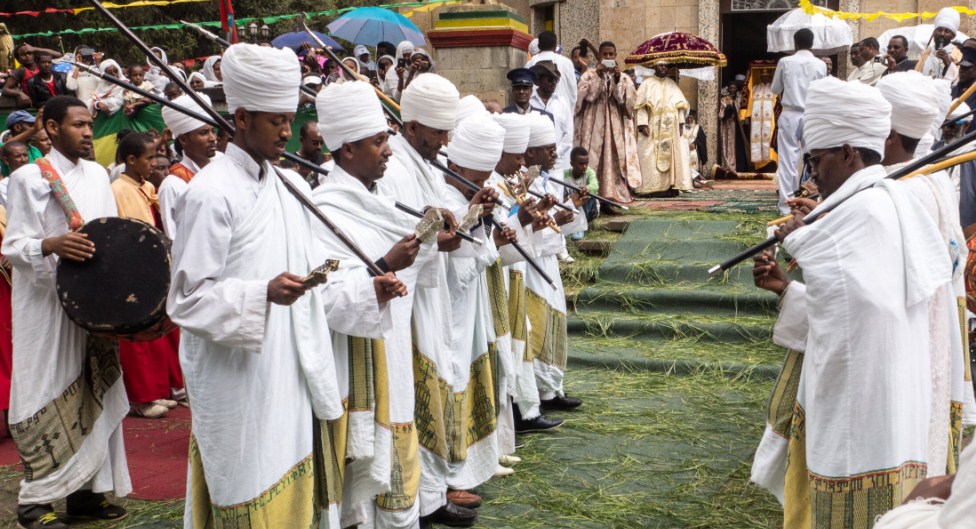Religious hatred on the rise worldwide
Religious hatred is a form of intolerance and discrimination that targets people based on their faith, beliefs, or lack thereof. It can manifest in various ways, such as violence, vandalism, harassment, hate speech, and online abuse. Religious hatred can affect individuals, communities, and societies, undermining human rights, social cohesion, and peace.
According to the latest reports, religious hatred is on the rise worldwide, affecting various groups and regions. Some of the recent incidents include:
- The massacre of 11 worshippers at a synagogue in Pittsburgh, USA, by a gunman who expressed anti-Semitic views online.
- The shooting of two Jewish schools in Montreal, Canada, by an unknown assailant who left behind a note with anti-Semitic and anti-Israel messages.
- The desecration of the Holy Quran in Norway, Sweden, and France, by far-right activists who burned, tore, or threw the sacred book in public places.
- The persecution of Uyghurs in China, where an estimated one million Muslims are detained in camps and subjected to torture, indoctrination, and surveillance.
- The genocide of Rohingya in Myanmar, where more than 700,000 Muslims have fled to Bangladesh to escape the brutal military crackdown and ethnic cleansing.
These are just some examples of the many cases of religious hatred that occur every day around the world, affecting millions of people of different faiths and backgrounds.

International efforts to combat religious hatred
In response to the growing threat of religious hatred, various international organizations and initiatives have been launched to promote dialogue, tolerance, and respect among different religious groups and communities.
One of the most prominent examples is the United Nations, which has adopted several resolutions and declarations to condemn and combat religious hatred, such as:
- The Universal Declaration of Human Rights, which states that everyone has the right to freedom of thought, conscience, and religion, and the right to manifest their religion or belief in teaching, practice, worship, and observance.
- The International Covenant on Civil and Political Rights, which guarantees the same rights and prohibits any advocacy of religious hatred that constitutes incitement to discrimination, hostility, or violence.
- The International Day to Combat Islamophobia, which was proclaimed by the General Assembly in 2022 and observed for the first time on March 15, 2023, to raise awareness and mobilize action against the rising hatred, discrimination, and violence against Muslims.
Another example is the Organization of Islamic Cooperation (OIC), which is the second-largest intergovernmental organization after the UN, with 57 member states. The OIC has been actively involved in addressing the issue of religious hatred, especially Islamophobia, through various platforms and mechanisms, such as:
- The OIC Observatory on Islamophobia, which monitors and documents the cases of Islamophobia and issues periodic reports and recommendations.
- The OIC Contact Group on Peace and Dialogue, which engages with other regional and international organizations, such as the European Union, the African Union, and the Association of Southeast Asian Nations, to foster interfaith and intercultural dialogue and cooperation.
- The OIC Media Forum, which brings together media professionals, experts, and civil society representatives to discuss the role of media in countering religious hatred and promoting positive narratives.
The role of individuals and communities in countering religious hatred
While international efforts are important and necessary, they are not sufficient to address the root causes and consequences of religious hatred. Individuals and communities also have a vital role to play in creating a culture of peace and tolerance that respects and celebrates diversity.
Some of the ways that individuals and communities can contribute to countering religious hatred are:
- Educating themselves and others about different religions and beliefs, and challenging the stereotypes and misconceptions that fuel hatred and prejudice.
- Speaking out and reporting any incidents of religious hatred that they witness or experience, and supporting the victims and survivors of such incidents.
- Reaching out and building bridges with people of different faiths and backgrounds, and participating in interfaith and intercultural activities and events that foster mutual understanding and respect.
- Advocating and campaigning for the protection and promotion of human rights, especially the right to freedom of religion or belief, and holding the authorities accountable for their obligations and commitments.
A holiday resolution: say no to religious hatred
As the holiday season approaches, many people around the world will celebrate their religious festivals and traditions, such as Christmas, Hanukkah, Kwanzaa, and others. This is a time of joy, gratitude, and generosity, but also a time of reflection, solidarity, and responsibility.
Therefore, this holiday season, let us make a resolution to say no to religious hatred, and yes to unity and tolerance. Let us remember that we are all human beings, regardless of our faith, beliefs, or lack thereof. Let us embrace our diversity, and not let it divide us. Let us stand together, and not against each other. Let us spread love, and not hate.

Comments